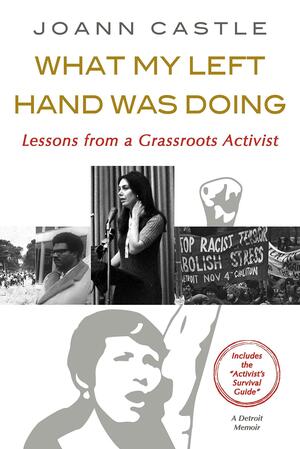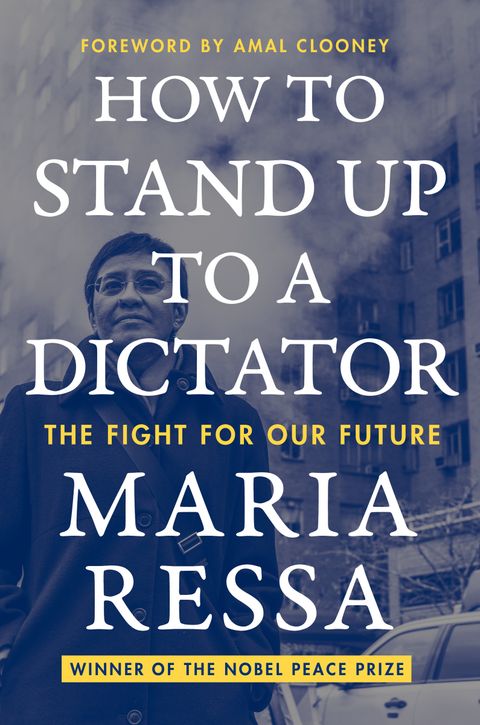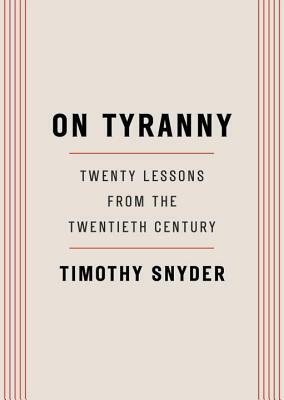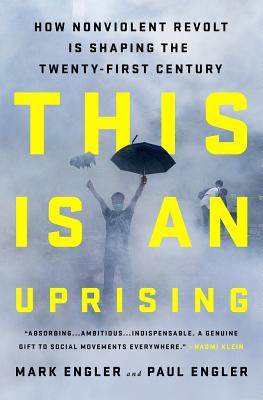By Joanne Castle
This easily read biography traces the author’s maturation from young Catholic mother of six looking for purpose, into a cornerstone of white allyship in Detroit’s civil rights movement. Along the way it provides a master class in the nitty-gritty of on-the-ground organizing, and the pitfalls that can tear organizations apart.
If you’re trying to understand how average people fuel movements, this is a quick read. Tips for organizing, and for organizing activist book clubs feature throughout her personal story. An afterword provides a quick reference.

Ethical Books
We encourage everyone to use their local library. Getting a card is one of the best ways you can support your library. If you prefer audio or digital books, consider Libby or Hoopla (also includes video content.) Check your library to see which tools they recommend and support. NOTE: returning digital books when you finish them helps libraries and other patrons. If you use Kindle’s library interface, they have made it hard to return books when you’re done, costing libraries money, so learn to return.
If you prefer to buy a physical book, or want to easily loan a favorite, we recommend the following options:
- Local bookstores have long been community centers, particularly for resistance. If you’re fortunate enough to still have a local store, buy there whenever you can. They can often order traditionally published books if they don’t have them on-shelf.
- Bookshop.org allows you to purchase physical and audio books while supporting small independent shops nationwide.
- Portland’s famous “city of Books”, Powell’s Books, has extensive stock including used and signed copies. They often run free shipping over $50.
- Half Price Books is an ethical company that promotes banned books and fights censorship. If you have used books to sell, they’re your simplest option: they take the whole box, paying for those they can resell and donating extra stock to schools and non-profit organizations.



